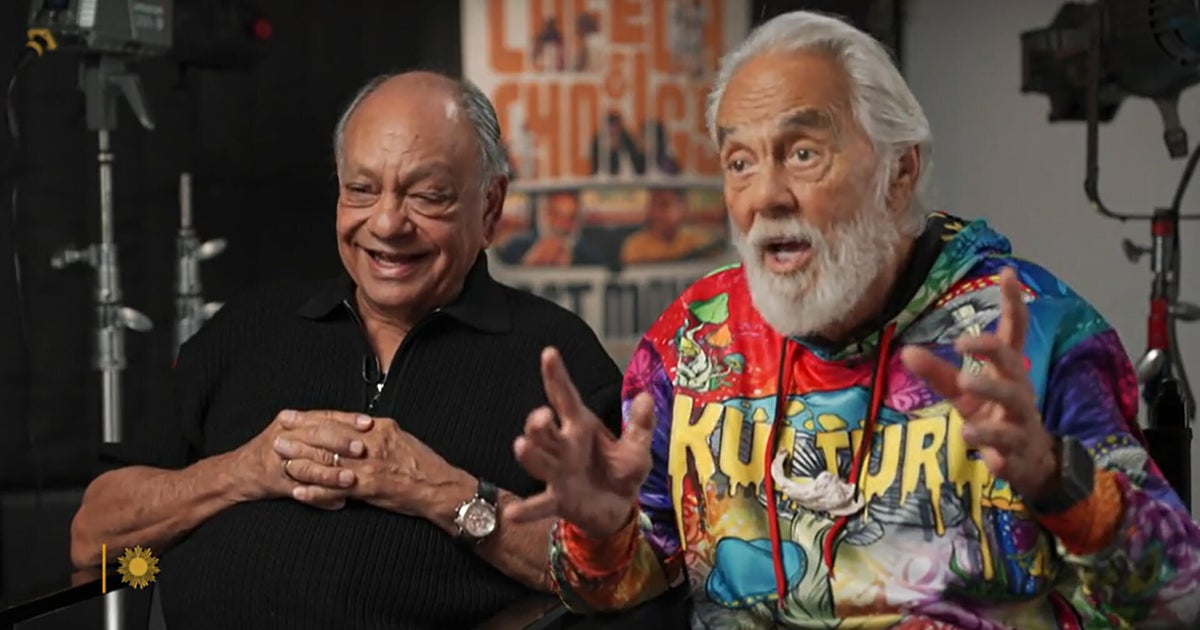
Rep. Mike Flood, R-Neb., faced off with a raucous crowd that hurled boos, jeers and middle fingers at him at a town hall in Lincoln on Monday.
The conservative Republican said he has no regrets and would do it all over again.
“I don’t regret it at all,” Flood said in a phone interview on Tuesday. “Every member of Congress has to do it the way they see fit. But for me, this comes with the territory. And I feel like you got to put yourself in the town square if you want to be a member of Congress for your district.”
“And if you feel strongly about how you’re voting and the choices you’re making,” he added, “you should be able to stand on the town square and be accountable for those votes and tell people why you did it and take their input.”
In this polarized political climate, the vast majority of lawmakers, in both parties, are opting not to hold town halls this August recess. Last spring, after a series of GOP town halls went off the rails, Rep. Richard Hudson, R-N.C., the GOP campaign chief for the 2026 election cycle, urged his Republican colleagues not to hold in-person town halls, calling them “no longer effective” due to Democratic disruptions. And violent threats against politicians have seen a steady uptick in recent years.
But Flood, the chairman of the Republican Main Street Caucus, whose members call themselves “pragmatic conservatives,” didn’t heed Hudson’s advice. He held a town hall in Columbus in March and another in Seward in May before Monday’s event on the University of Nebraska campus in liberal-leaning Lincoln, the largest city in his district.
“As elected officials, we have to put ourselves in environments that are not comfortable,” he said, though he made clear he was not judging colleagues in either party who have chosen not to hold town halls.
House Republican Conference Chair Lisa McLain, R-Mich., called him Tuesday morning and commended him for hanging tough, Flood said. His next town hall will likely be held in the spring.

Flood said concerns about cuts to Medicaid in the GOP’s “big, beautiful bill” dominated Monday night’s 87-minute town hall, which was carried live by public television.
“Medicaid, Medicaid, Medicaid, Medicaid — that was the No. 1 issue and something I started out with, just because I’m looking at the calls my office gets,” Flood said, adding that he spent time during the town hall addressing confusion in the audience about how the bill would affect them and reassuring seniors that they wouldn’t lose their Medicare coverage.
The Trump law does require recipients of Medicaid — the health care program for low-income people and those with disabilities — to work 80 hours per month if they are able-bodied adults under age 65, with some exceptions.
“If you’re 28 years old and you don’t want to work, you shouldn’t expect free health care, if you can work,” Flood said. “And that resonates with like 70% of people, that you’d have some work requirements.”
Democrats believe the Trump law will cost Republicans the House majority in 2026, and they say Flood’s hostile town hall is evidence of just how unpopular it is with voters.
“Every single vulnerable House Republican should follow Mike Flood’s example and be brave enough to face their constituents in-person to see firsthand how unpopular and hated the Big, Ugly Law is,” said Viet Shelton, spokesman for the House Democrats’ campaign committee.
Flood, 50, the former speaker of the Nebraska House who was elected to Congress in 2022, also fielded tough questions about Trump’s recent firing of the Bureau of Labor Statistics commissioner and whether he backs releasing more information from the Jeffrey Epstein probe.
He said he’ll sign onto a resolution by House Rules Committee members on Wednesday to release the Epstein files. “As long as it protects the victims and doesn’t re-victimize those folks,” Flood said, “I’m for its release.”

But he opposes a bipartisan effort led by Reps. Thomas Massie, R-Ky., and Ro Khanna, D-Calif., to bypass GOP leadership and force a vote on the floor in September to compel the Justice Department to release the files.
“I don’t sign discharge petitions,” he said, “and it goes back to my day as a speaker of the legislature, where I wouldn’t do the same thing.”
Nebraska is a red state that went for Trump by more than 20 points in 2024, but the university’s Kimball Recital Hall on Monday evening was mostly packed with Democrats, said Flood, who recounted how he recognized some individuals who had attended all three of his town halls this year.
A former attorney, Flood said he prepared for about five to six hours for the town hall, anticipating what questions he might get and how he’d respond. Before the event got started, he told the university police officers on hand he didn’t want anyone kicked out of the town hall for exercising their First Amendment rights.
Only one individual was told to leave after protesting the situation in Gaza, Flood said, and he left peacefully.
“I said, ‘I don’t want people kicked out or removed just for voicing an opinion, no matter how they voice it. If somebody is fighting somebody else, yes, do what you got to do,’” Flood said.
“When you look at the video, it looks pretty hardcore. People are literally screaming, flipping me off. They are jumping up and down. They are standing with their back to me,” he recounted. “None of those folks get asked to leave. They don’t. I don’t even say, ‘Please stop.’”
Just a handful of lawmakers are choosing to hold town halls during the weekslong August recess. For many, there are few upsides. On the same night as the Flood town hall, veteran Rep. Adam Smith, D-Wash., had to abruptly cancel his town hall midway through after a group of protesters “took over the stage” and disrupted the gathering, local police said. Three individuals were arrested on trespassing charges.
Things were much tamer at a separate town hall hosted by freshman Democratic Sen. Elissa Slotkin in Michigan.
At one point at his town hall, someone asked Flood: “How are you helping the working class?”
He talked about how the Trump law included no tax on tips, an expanded child tax credit and other provisions.
Then he said something that infuriated many attendees: “Today’s Republican Party is comprised of the heart and soul of the working class.”
“That brought the house down. They were very upset that I said that,” Flood told NBC News. “But that’s the reality. … Every day Americans recognize that something’s changed in our country, where, as a Republican, we have won the hearts and minds of the working class. And that was very hard for the crowd to accept. But I think, to an objective person, if we haven’t won their hearts and minds, we’re darn close to it.”



